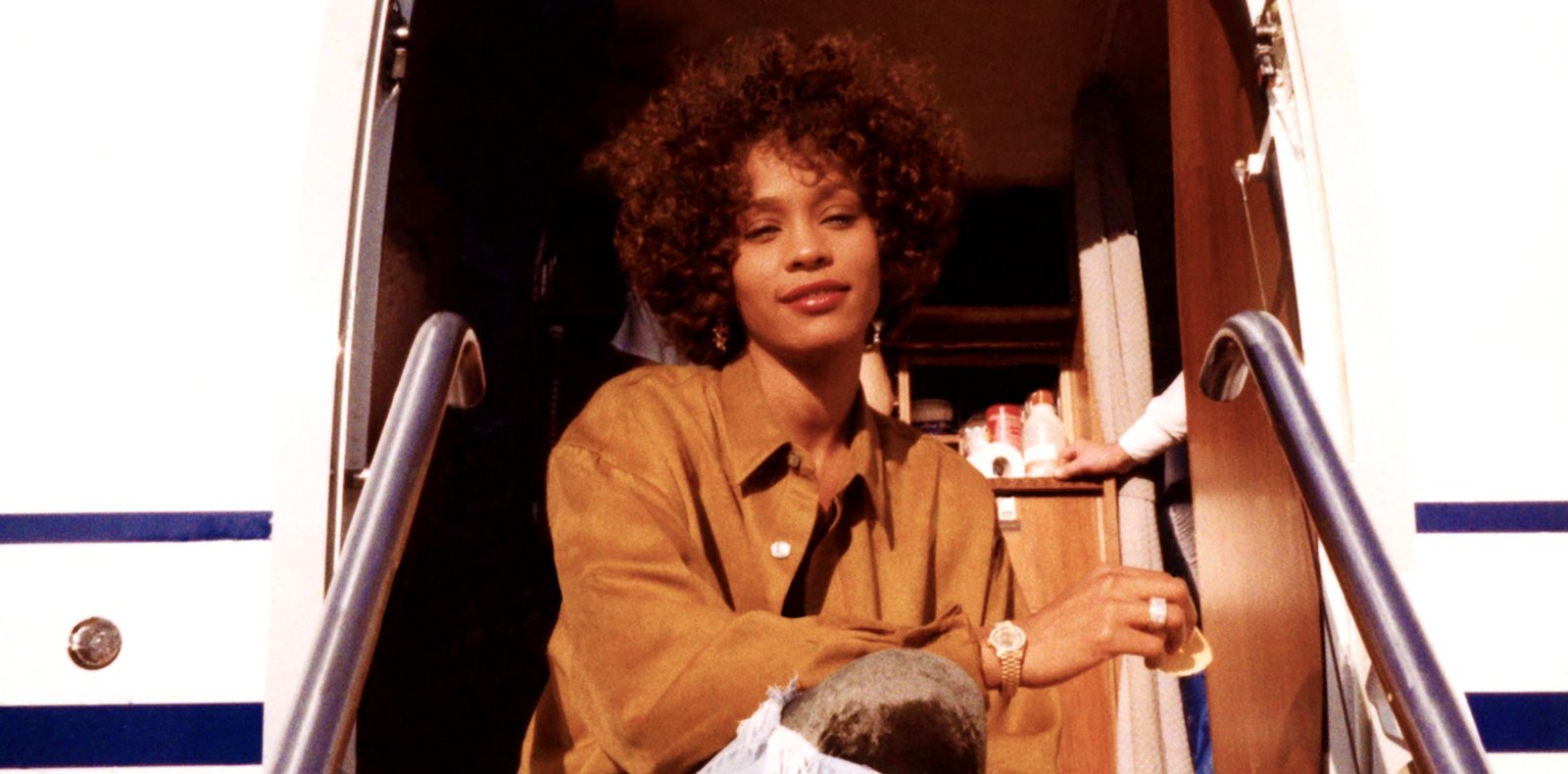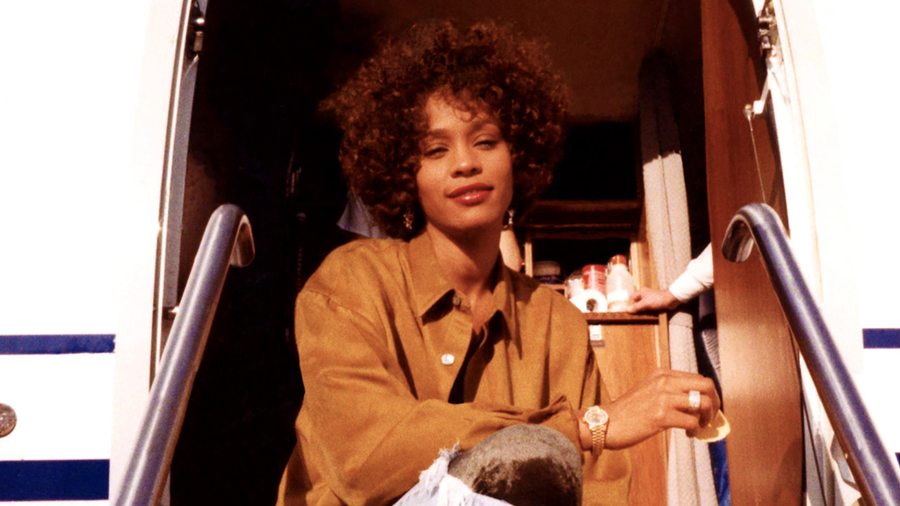

You just have to whisper it and the name Whitney Houston instantly conjures up the image of a singer with planetary success. A diva with a soaring voice whose track I will Always Love You (the bestselling single by a female vocalist of all time) who remains the most popular power ballad ambassador ever. Whitney Houston is 200 million albums sold and the record holder for the most consecutive numbers 1s. But behind the icon hides another woman with a tragic destiny, dehumanised by scandals gleefully raked over by the tabloid press.
Soberly titled Whitney, the documentary presented by film maker Kevin MacDonald out of competition at Cannes focuses on understanding the mysterious character of this singer who was found drowned in her bath tub in 2012. Without taboo, Whitney, looks back at the career of an artist under the spotlight through her live performances, previously unseen images and interviews with her friends and family.
Kevin MacDonald wasn’t a particularly big fan of the singer, but he was won over by Nicole David, Whitney Houston’s former agent who he met at the Sundance Festival in 2016. Galvanised by the necessary investigation to make this documentary, Kevin MacDonald finally collaborated with Whitney Houston’s nearest and dearest to deliver the most faithful portrait possible. He kept a stranglehold on the final cut and with it comes a shocking revelation. Because in the last two weeks of editing, the director discovered a heavy secret, a painful memory that Whitney Houston had kept hidden all her life.
"Whitney" official USA Documentary Teaser Trailer 2018
In a late-night interview with Kevin MacDonald, Mary Jones, Whitney Houston’s aunt (who was also her long-time assistant) reveals that the singer was abused by her cousin Dee Dee Warwick when she was a child. An upsetting declaration corroborated by the testimony of Gary Garland, Whitney’s brother, who was also a victim.
This revelation gives a new reading to the singer’s personality and helps partly explain the tragic turn her destiny took, marked by a drug addiction not helped by her bumpy marriage to singer Bobby Brown. Shown at the end of the film, this interview with Mary Jones explains, according to Kevin MacDonald, the reason why, “in her past there was something deeper than what we read in her eyes, something about her that explains the malaise that always animated her.”
In the wake of the documentary on Amy Winehouse by Asif Kapadia, presented at Cannes in 2015, Whitney doesn’t hide the darker aspects of the singer’s life. Quite the contrary. But as Kevin MacDonald concludes: “I’ve always thought the sign of a good movie about an artist is the answer to this question: ‘Do you appreciate their art even more after watching my film?’ If the answer is yes, then I’ve succeeded.” And without a doubt, the answer will be yes.








